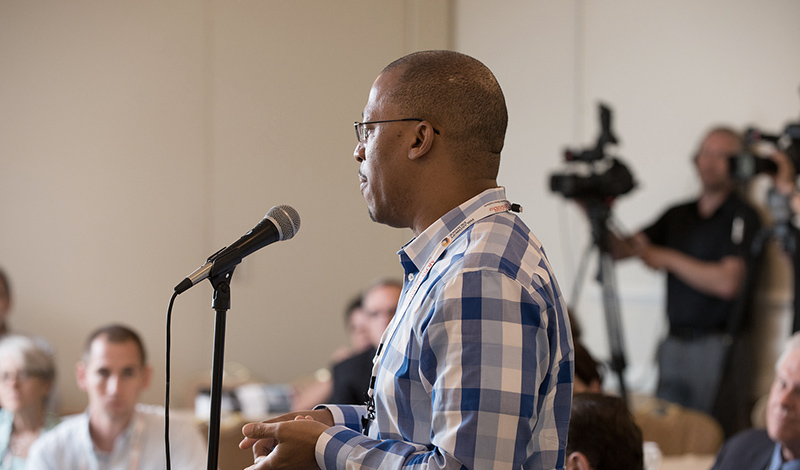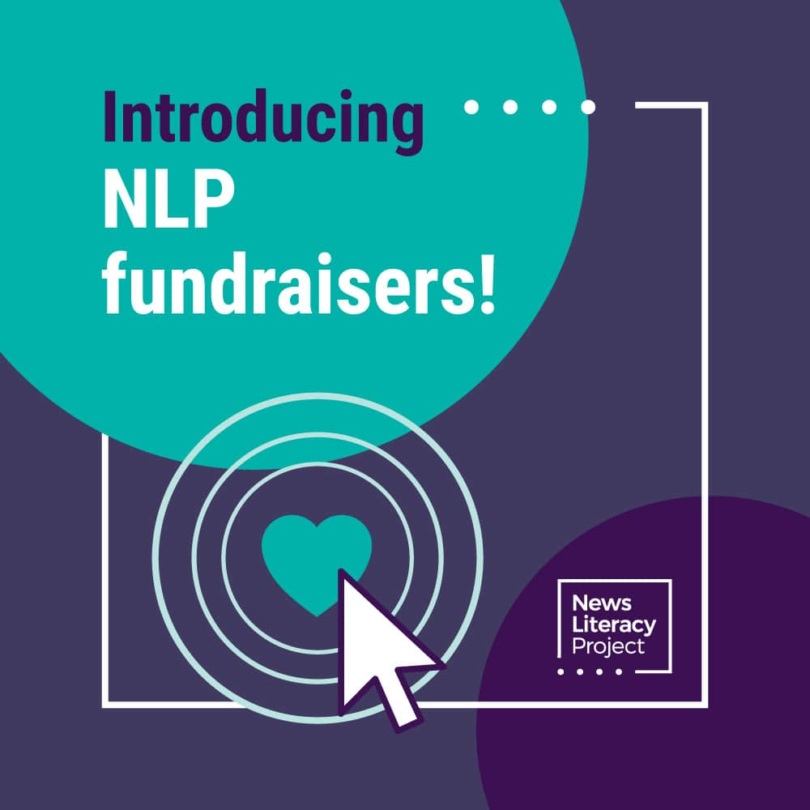
Why Civics Connection?
Information is a fundamental element of democracy. It is the basis for our understanding of the world around us: how we analyze social issues, assess challenges, determine political priorities, form opinions and evaluate our options.
It is, in short, the raw material we use to make decisions and take action.
Civic engagement in the 21st century requires us to be knowledgeable — and critical — consumers of news and information in what is, by many magnitudes, the largest and most complex information landscape in human history. The skills needed to become that “knowledgeable — and critical — consumer” are also the foundational skills for civic engagement in the digital age.
In this blog, we’ll share ideas and resources to cultivate the connections between news literacy and civic engagement. As noted in a 2016 Pew Research Center study, civic engagement is closely tied to local news habits. People who read, watch and value local news tend to vote regularly in local elections and have stronger connections to their communities — two key measures of the civic engagement that we want to encourage in students.
According to The 2006 Civic and Political Health of the Nation — a report by Tufts University’s Center for Information and Research on Civic Learning and Engagement (CIRCLE) — civic engagement can be defined by three types of activities:
| Civic | Electoral | Political Voice |
|---|---|---|
| Community problem-solving | Voting regularly | Contacting officials |
| Regular volunteering for a nonelectoral organization | Displaying buttons, signs, stickers | Contacting the media |
| Actively participating in a group or an association | Volunteering for candidates or political organizations | Protesting |
| Taking part in a fundraising run/walk/ride | Contributing to campaigns | Boycotting |
| Other fundraising for charity | “Buycotting” | |
| Signing/circulating petitions |
News literacy is an essential skill for all these actions. If you don’t understand what is happening in your community or in local, state and national politics, you’re less likely to perform even the simplest of civic acts.
News-literate students are able to identify different forms of information — such as news, opinion, propaganda, advertising and entertainment. They can explain the importance of a free press in civil society and the watchdog role the press frequently plays. They consume news from diverse sources and seek out information from outlets that adhere to the standards of quality journalism. They can recognize the nuance involved in ongoing debates about the practice of journalism, and can form strong, evidence-based opinions about the quality of the news that they encounter. They can take advantage of a variety of tools to identify and flag false or misleading information.
In short, they have learned how to know what to believe.
